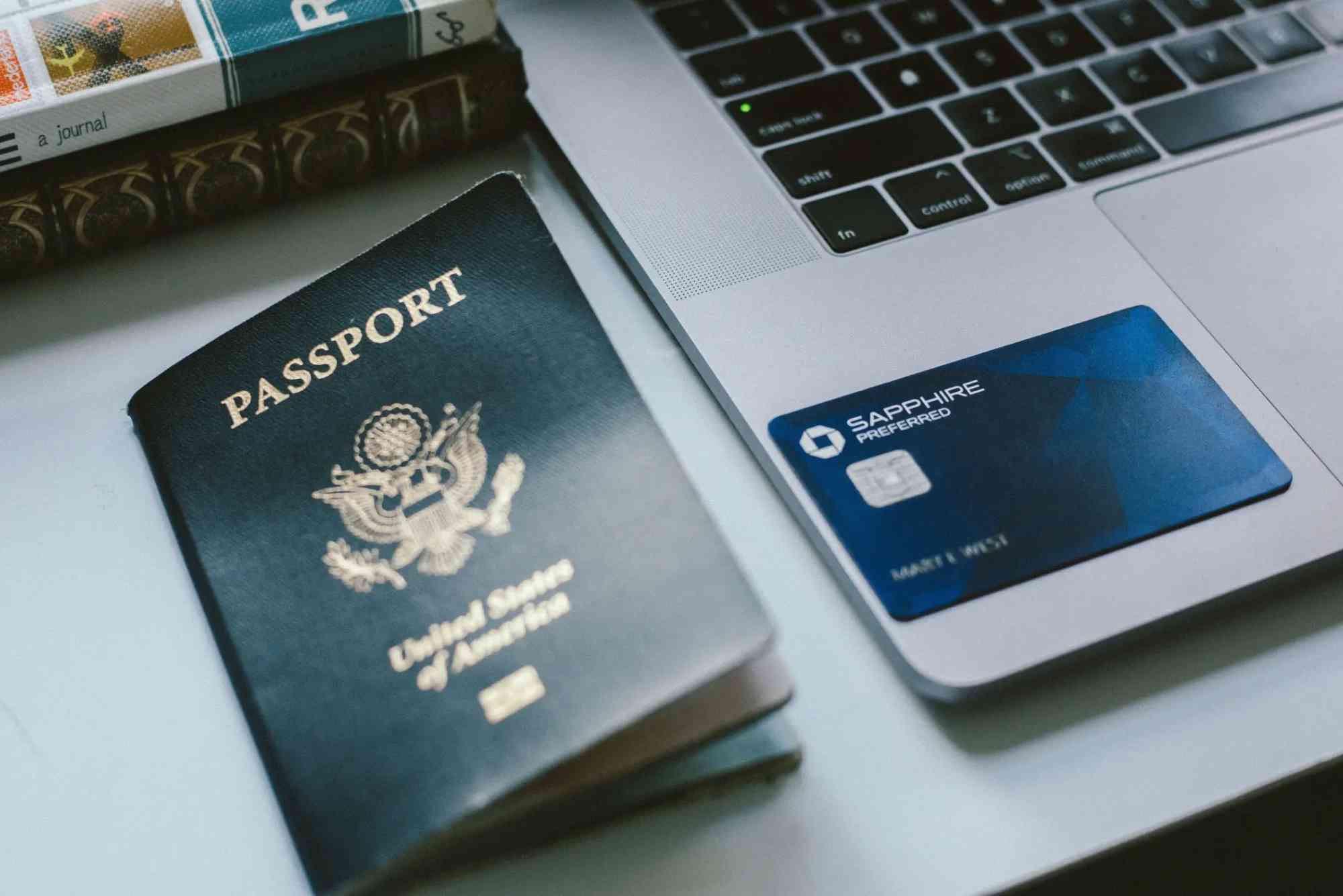White-collar crime has become a significant legal concern in modern economies, particularly in financial hubs such as Dubai. These crimes, typically non-violent and financially motivated, include offenses like fraud, embezzlement, bribery, forgery, insider trading, and money laundering. As Dubai continues to grow as a center for international business, the demand for legal expertise in handling such complex offenses has intensified. Understanding how legal professionals approach these cases is essential for employees and business stakeholders across the UAE who may find themselves navigating these sensitive matters.
Understanding the Nature of White-Collar Crime in Dubai
White-collar crimes in Dubai are treated with utmost seriousness due to their potential impact on the financial system, investor confidence, and public trust. These crimes are often perpetrated within corporate, governmental, or institutional settings, where individuals exploit their positions of trust for personal or organizational gain.
In Dubai, these offenses fall under the jurisdiction of the UAE Penal Code, as well as various financial and commercial regulations. The prosecution of white-collar crimes involves meticulous investigation and a thorough understanding of both criminal and regulatory frameworks. Given the technical and often international nature of these offenses, criminal lawyers in Dubai must be well-versed in commercial law, banking laws, financial regulations, and international legal cooperation mechanisms.
Initial Case Assessment and Legal Strategy
The first step in handling any white-collar crime case involves a detailed evaluation of the allegations. Legal professionals begin by examining the complaint, identifying the applicable laws, and determining whether a crime has indeed been committed. Since white-collar crimes often involve a trail of documentation, emails, financial records, and digital data, lawyers conduct a comprehensive review of the available evidence to assess the strength of the prosecution’s case.
Strategically, this initial phase is critical. Lawyers assess whether the evidence is admissible, whether procedural norms have been followed during investigations, and whether the rights of the accused have been upheld. They may also evaluate whether the charges are proportionate to the alleged conduct or if any legal technicalities render the case invalid. These factors inform the development of a robust legal defense or a pre-trial negotiation strategy.
Collaboration with Experts and Forensic Specialists
Unlike traditional criminal cases, white-collar crimes often demand a collaborative, multidisciplinary approach. Legal professionals frequently work alongside financial auditors, forensic accountants, IT specialists, and corporate compliance consultants to analyze complex evidence. These experts assist in dissecting financial records, identifying inconsistencies, and tracing fraudulent transactions across borders if necessary.
This collaboration is not only essential for constructing a defense but also for dismantling the prosecution’s claims. By presenting alternative interpretations of financial data or uncovering procedural errors, lawyers can create reasonable doubt or argue for the dismissal of certain charges. In many cases, expert testimony becomes a decisive element in trial proceedings.
Navigating Regulatory and Procedural Compliance
Legal proceedings in white-collar crime cases often intersect with regulatory investigations by financial institutions and government agencies. For example, authorities such as the UAE Central Bank, the Dubai Financial Services Authority (DFSA), or local economic departments may be involved in parallel probes.
Criminal lawyers are responsible for ensuring their clients are fully compliant with requests from these authorities while safeguarding their legal rights. This includes advising on statements, submissions, and access to information. A misstep during this stage could potentially lead to self-incrimination or adverse legal consequences, making legal representation crucial.
Pre-Trial Negotiation and Alternative Dispute Resolution
Where appropriate, legal professionals may seek to resolve white-collar crime cases through alternative legal mechanisms. These can include settlement discussions, restitution agreements, or the use of the Public Prosecution’s discretion in lesser offenses. In Dubai, the legal system allows room for restorative justice in certain financial offenses, especially where the accused offers to repay the misappropriated funds or reach a settlement with the victim.
Negotiating such outcomes requires tact, a deep understanding of the legal environment, and the ability to present a compelling case to both prosecutors and regulators. This path may offer the accused an opportunity to avoid incarceration and mitigate reputational damage, provided that the circumstances align with legal allowances.
Courtroom Representation and Defense Strategy
If the case proceeds to trial, the focus shifts to courtroom advocacy. Here, criminal lawyers in Dubai must present a well-structured defense based on factual evidence, legal precedents, and procedural accuracy. The defense strategy might involve disproving the accused’s intent, challenging the accuracy of financial analyses, or highlighting any violations of due process.
Given that many white-collar crimes rely on circumstantial rather than direct evidence, the defense can sometimes successfully argue that the financial irregularities resulted from negligence, mismanagement, or systemic failures rather than deliberate fraud. The ability to articulate these arguments persuasively, supported by expert witnesses and strong documentation, is vital for securing a favorable outcome.
In Dubai’s multilingual and multicultural courtroom environment, effective communication also plays a pivotal role. Lawyers must ensure that legal arguments are accurately translated and that cultural nuances are respected throughout the proceedings.
International Dimensions and Cross-Border Cooperation
Many white-collar crimes involve cross-border elements such as offshore accounts, international transactions, or foreign stakeholders. In these situations, legal professionals must navigate not only UAE law but also international legal frameworks and treaties.
Lawyers may need to liaise with foreign regulatory bodies, respond to extradition requests, or coordinate with international law enforcement agencies. Dubai’s legal infrastructure supports cooperation through mutual legal assistance treaties (MLATs) and Interpol channels, allowing authorities to pursue justice beyond national borders. Legal practitioners must be proficient in managing these international dimensions while protecting their clients’ rights across multiple jurisdictions.
Client Protection and Confidentiality
White-collar crime allegations can have far-reaching effects on a person’s professional reputation and business relationships. Legal professionals understand the sensitivity involved and place great emphasis on protecting their clients’ confidentiality.
From the moment of engagement, lawyers ensure that communications are privileged, that public exposure is minimized, and that any potential defamation or reputational harm is addressed. When dealing with executives, shareholders, or public figures, this aspect of legal support becomes just as important as the courtroom defense itself.
Post-Trial Support and Legal Remedies
The conclusion of a white-collar crime trial does not always signal the end of the legal journey. In some cases, convictions can be appealed, sentences can be reduced, or penalties can be modified through post-trial applications. Lawyers remain involved during this phase to file appeals, request sentence mitigation, or pursue expungement where legally applicable.
In the event of an acquittal, legal professionals may assist clients in recovering seized assets, restoring professional licenses, or pursuing civil damages for wrongful prosecution. This holistic approach ensures that the client’s legal and personal interests are safeguarded throughout the entire process.
Conclusion
The approach to white-collar crime cases in Dubai reflects a combination of legal precision, strategic analysis, and multidisciplinary collaboration. Legal professionals play a central role in guiding clients through a highly complex and often stressful process, ensuring compliance with local and international laws while defending their rights and reputations.
Given the evolving nature of financial crimes and the increasing sophistication of regulatory mechanisms, having skilled and experienced legal representation is indispensable. Whether through proactive defense strategies, expert collaboration, or navigating cross-border issues, the role of criminal lawyers in Dubai remains integral to upholding justice and maintaining the integrity of the legal system in the UAE.



